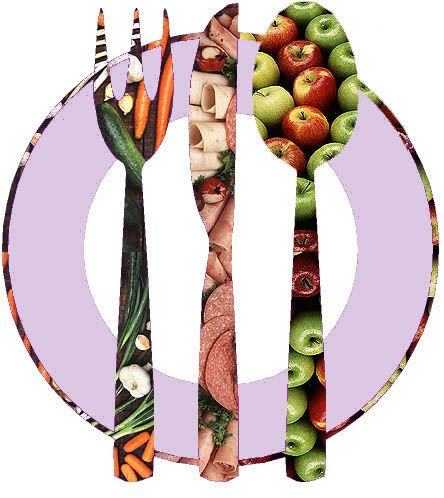Psychosocial and behavioral correlates of dieting among overweight and non-overweight adolescents.
Title
Psychosocial and behavioral correlates of dieting among overweight and non-overweight adolescents.
Source
Journal of Adolescent Health. 38(5):569-74, 2006 May.
Journal of Adolescent Health. 38(5):569-74, 2006 May.
PURPOSE:
To examine correlates of dieting behavior in overweight and non-overweight youth.
METHODS:
Data came from Project EAT (Eating Among Teens), a study of eating and weight-related attitudes, behaviors, and psychosocial variables among 4746 adolescents in public schools. Logistic regression was used to compare dieters and non-dieters, and to examine interactions of dieting and overweight status.
RESULTS:
Approximately one third (31.8%) of the sample was overweight. Dieting in the previous year was reported by 55.2% of girls and 25.9% of boys. Dieting was associated with similarly elevated rates of extreme weight control behaviors, body dissatisfaction, and depression in both the non-overweight and overweight groups for both boys and girls. Girls reporting dieting behavior in both the non-overweight and overweight groups had similarly elevated risk for cigarette use, alcohol use, and marijuana use.
CONCLUSIONS:
The negative correlates of dieting are similarly common among teens of varying weight status. These data suggest that dieting may not be a preferred method of weight management, even for overweight adolescents. Regardless of weight status, dieting may be a marker for other unhealthy behaviors and depressed mood in adolescents.




0 Comments:
Post a Comment
<< Home